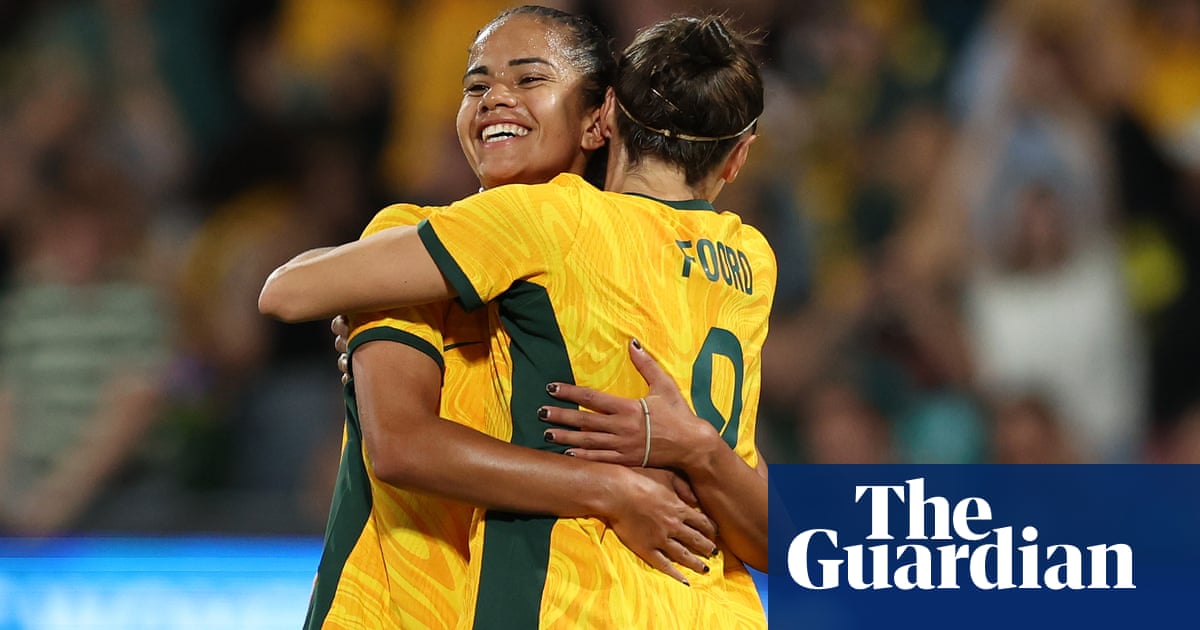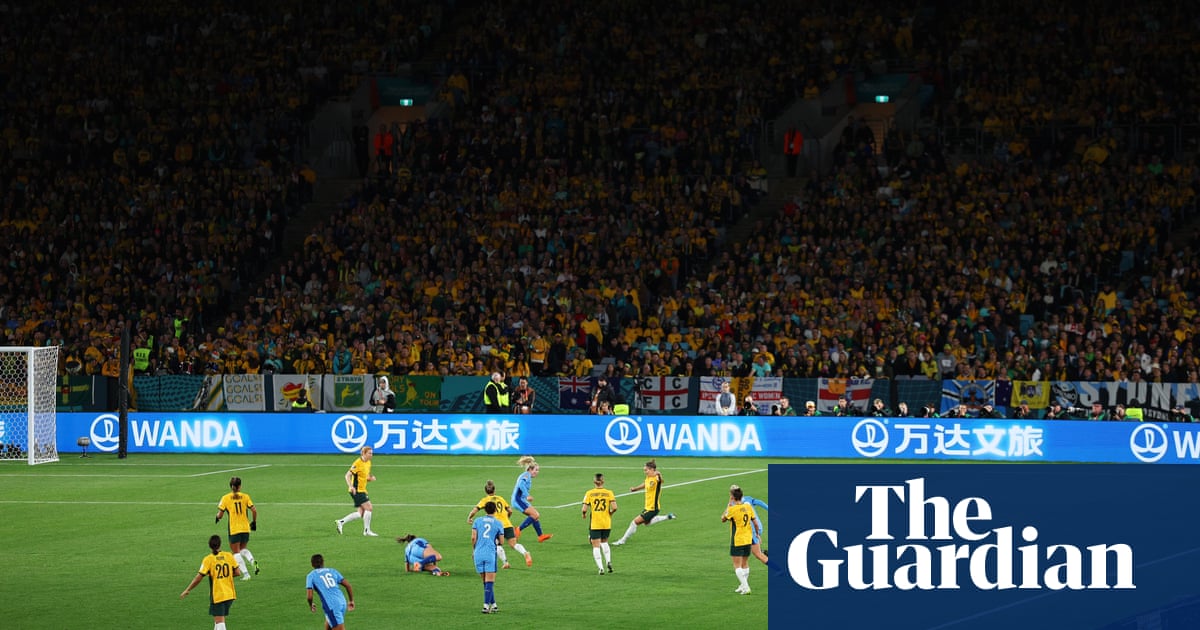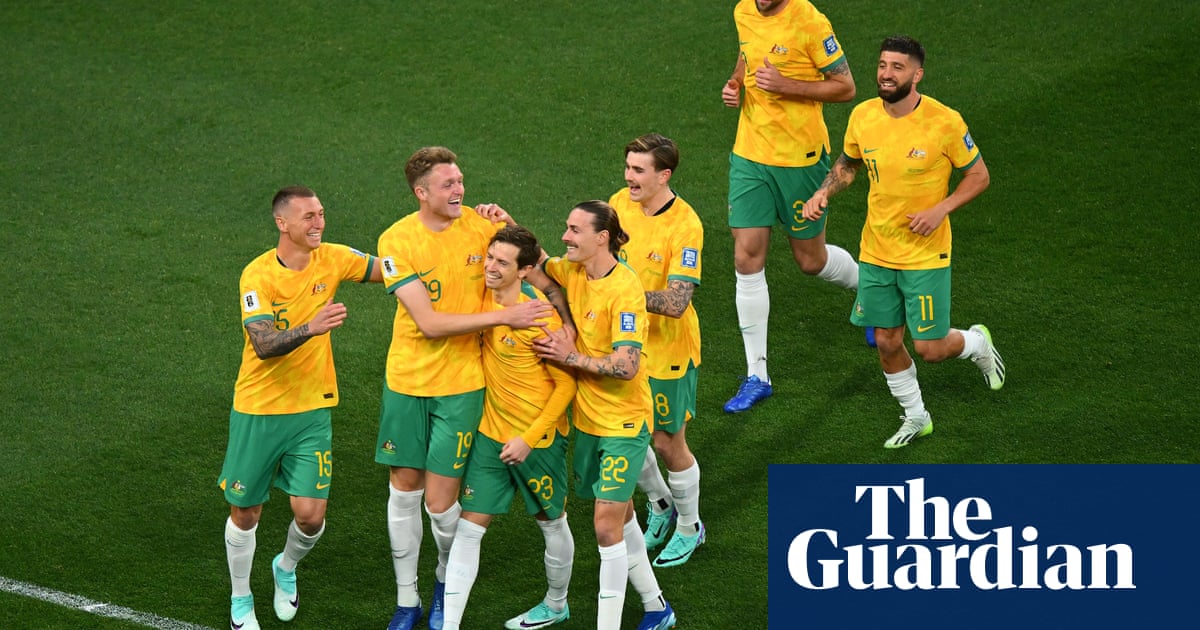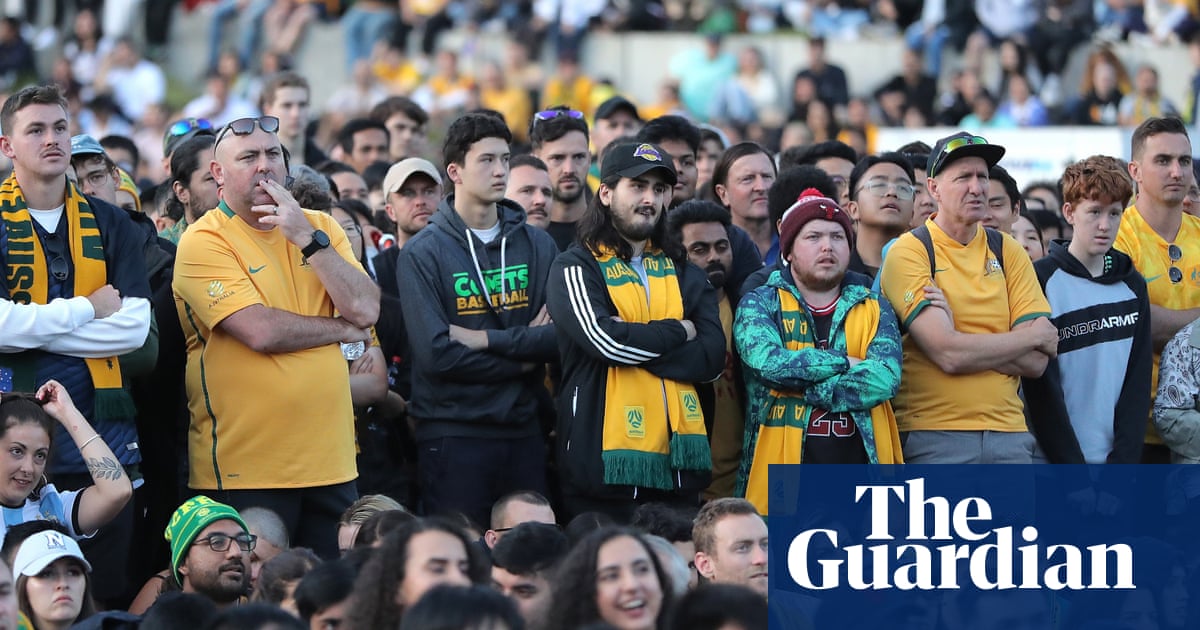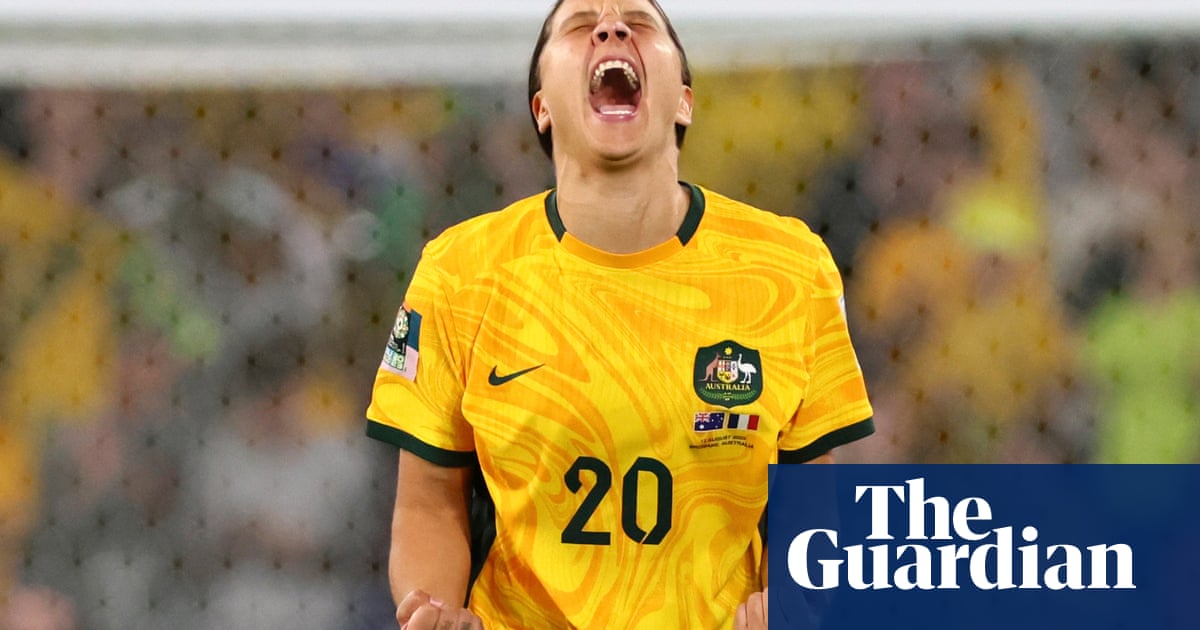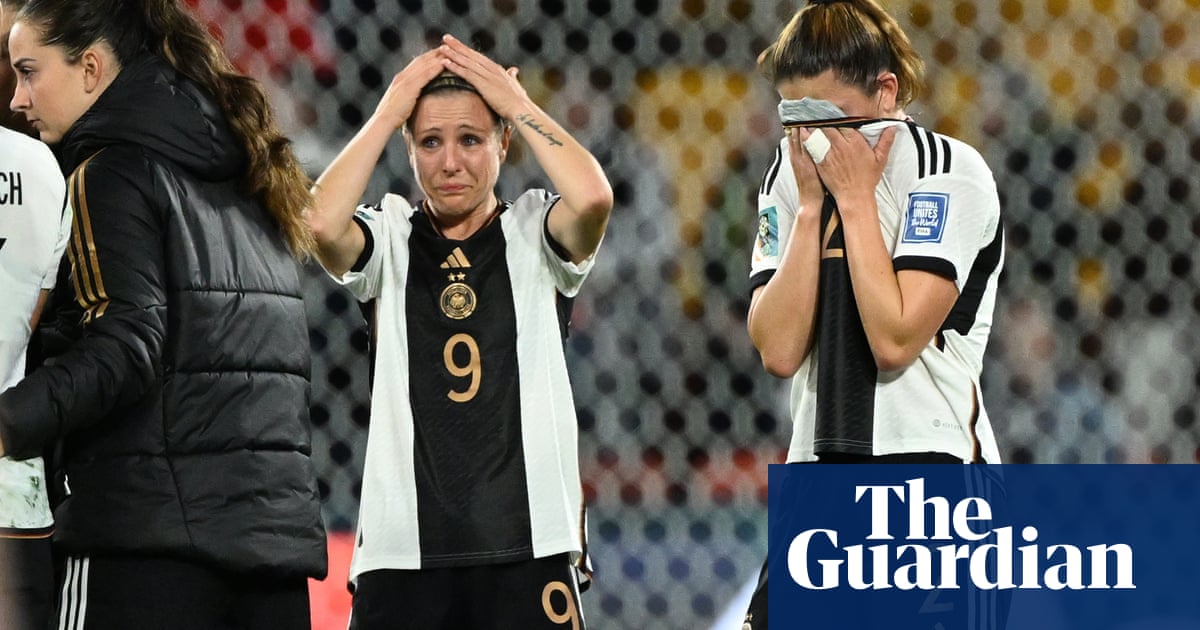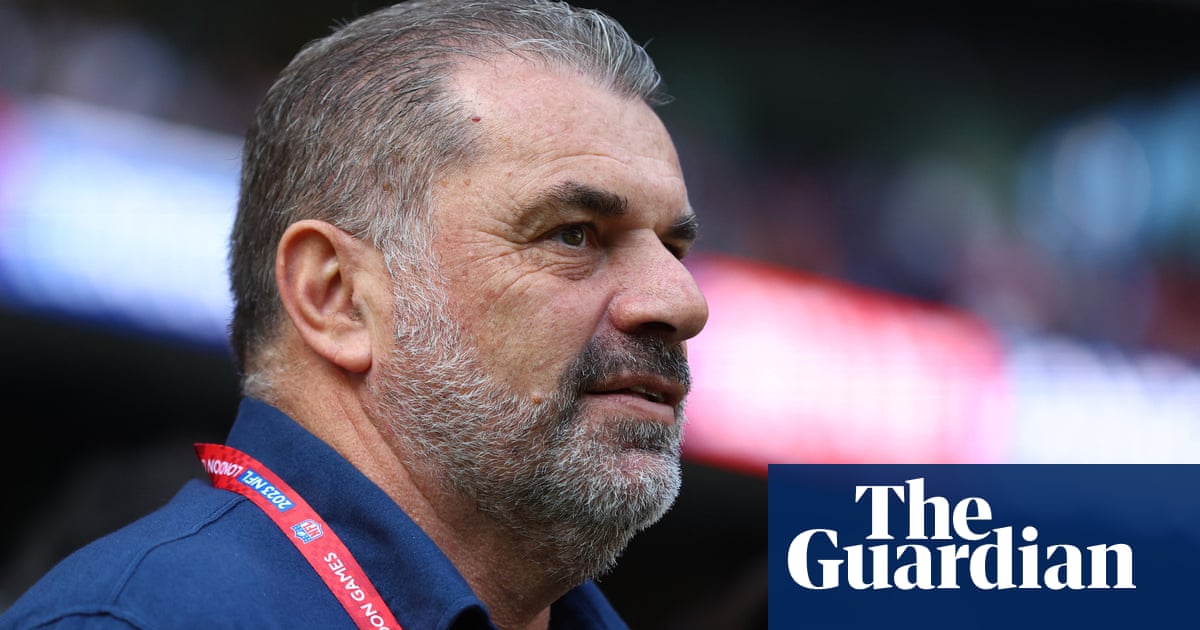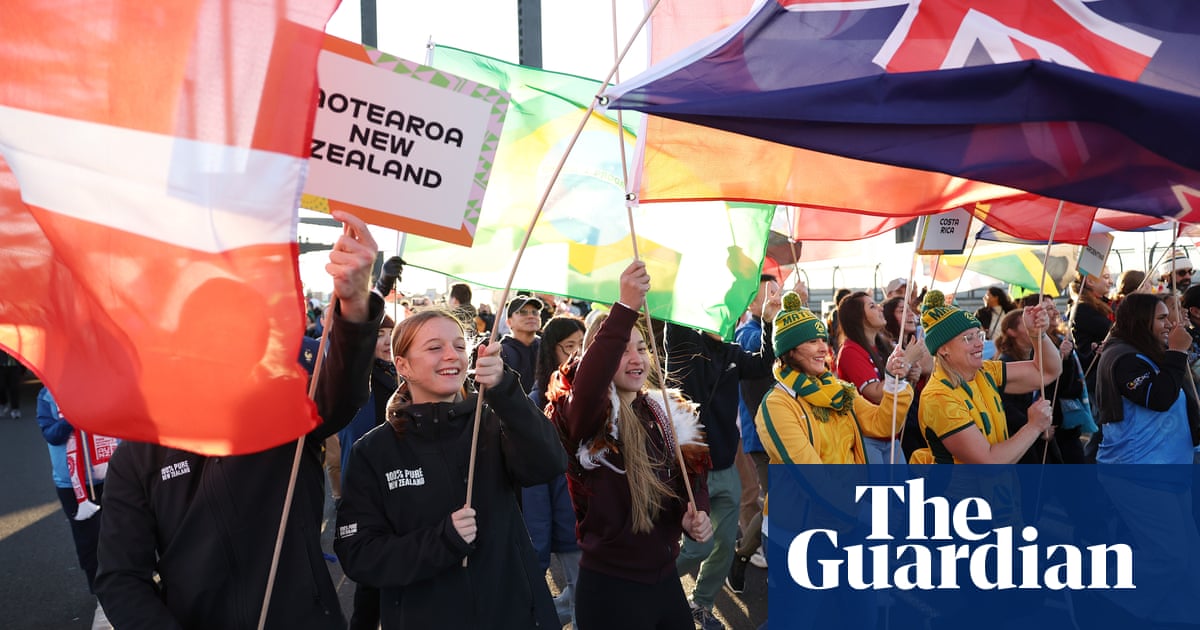
Shaded by the iconic Harbour Bridge with a direct view of the famous sails of the Opera House, Sydney’s Circular Quay is one of Australia’s most dazzling attractions – if the hordes of tourists, watercraft and high-end diners are anything to go by. After all, a penthouse apartment nearby was the country’s most expensive residential purchase last year, at A$70m (£36m).
On this prestigious piece of real estate the most visible statement of the coming Women’s World Cup has emerged in recent days. US broadcaster Fox has constructed not one but two pop-up studios that dominate the waterfront.
The studios are situated 2,000km west of where the USA players will take the field for their first match: at Auckland’s Eden Park against Vietnam on Saturday, in the neighbouring Pacific nation of New Zealand.
“It’s always a bit difficult when the team isn’t all in one place,” says Sarai Bareman, Fifa’s chief women’s football officer and an administrator overseeing the tournament’s staff.
This ninth edition of the tournament is the first to have co-hosts, with Australia and New Zealand spanning five time zones, and the first with 32 teams resulting in 64 matches across the nine cities.
In New Zealand – where winter sporting passions are dominated by rugby union – the stadiums are far from sold out. Interest in the games involving the 26th-ranked Football Ferns is solid, and thousands of Americans have travelled to the country. However, the 29 games in New Zealand have attracted just 350,000 ticket sales so far.
But Bareman plays down reports of a lack of interest. “This is the biggest sporting event that New Zealand has ever hosted, and we’re really pleased with the way things are going,” she says, highlighting that media coverage continues to build.
In Australia, interest is already high and international sporting events are part of the culture. The Olympic Games landed in Melbourne in 1956 and returned to Australia for Sydney 2000. The highlight of the latter event was the performance from Indigenous runner Cathy Freeman, who lit the torch in the opening ceremony and then won gold in the 400 metres. Freeman rarely takes part in public events these days in Australia, but she is perhaps the country’s most inspirational sporting figure.
The Matildas captain, Sam Kerr, said in the lead-up to the tournament her side wants to make its own Cathy Freeman-style “moment”. With the world’s attention fixed on them, and popularity that has never been higher, they are well placed to leave an enduring impression. They have attracted record crowds several times in recent years, and have overtaken the men’s national rugby union side, the Wallabies, in a long-running survey by Futures Sport and Entertainment about Australians’ favourite sporting team. Only the men’s cricket and rugby league teams rank above them in that survey, as well as the men’s national football team, the Socceroos.
Among this cohort of Australian athletes, the Matildas are by far the most vocal on social issues. The group has made prominent contributions to awareness around discrimination, racism, inclusion and LGBTQ+ rights. In a first for an Australian team, the Matildas wore rainbow numbers in their Cup of Nations match against Spain in February as part of Sydney World Pride, and they have proudly displayed the Aboriginal flag before games in the past.
Fifa regulations had threatened to bar that flag being flown at the tournament, until permission was granted at the 11th-hour. But the players have been frustrated by Fifa limiting their ability for expression. Eight statement armbands have been approved for use at the tournament, and all have vague, prescribed messages such as “gender equality”, “inclusion” and “peace”.
The Matildas’ commitment to social causes and a dispute around tournament prize money have not proved a distraction so far. Boosted by a 1-0 win over world No 5 France, the buzz around the Matildas has spread across the entire tournament even as competing codes continue over winter. Fans have snapped up about 1m tickets so far for the 35 games in Australia, and tickets for the national team’s matches have long since sold out. Their first match on Thursday, when Australia takes on Ireland in Sydney, immediately following the tournament opener when New Zealand hosts Norway in Auckland.
Last week, Kerr and her teammates met Freeman, who surprised them with a private address and some advice on handling the pressure of a nation. There’s still a month of football to play. But the Matildas’ own enduring legacy beckons.




